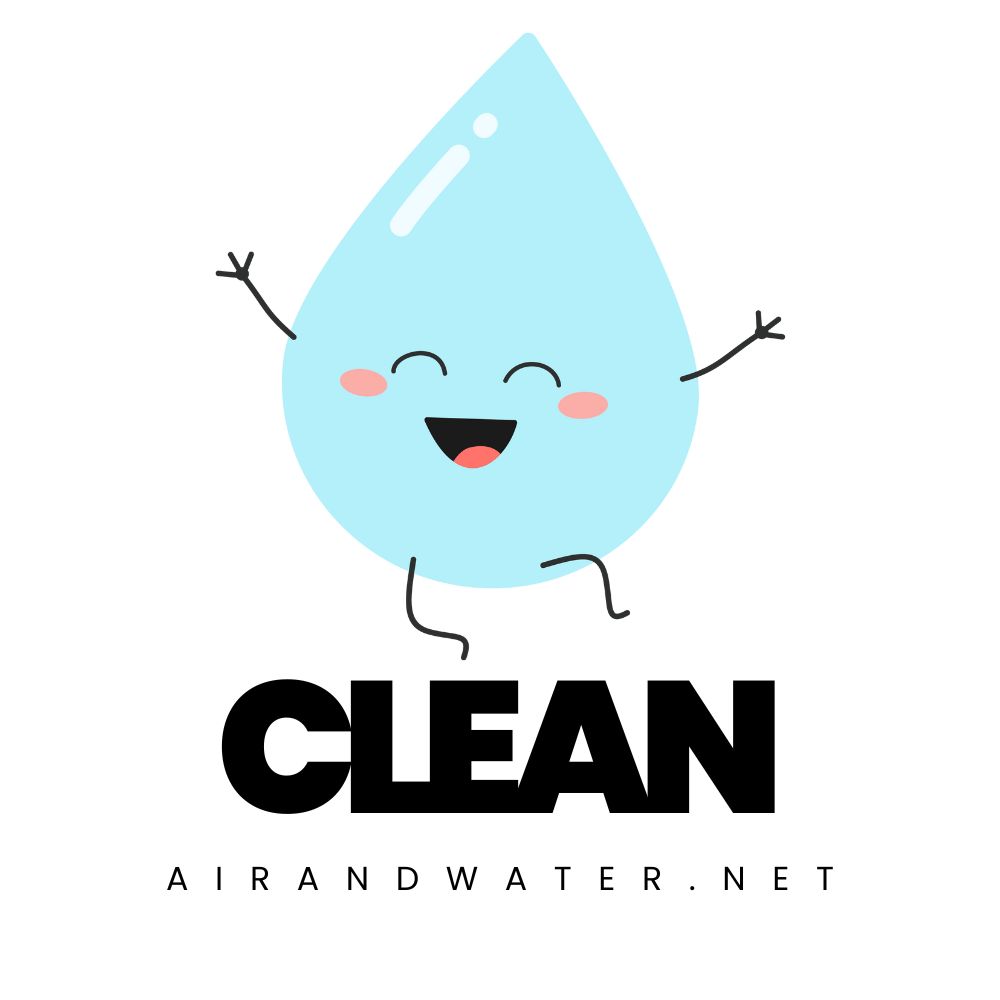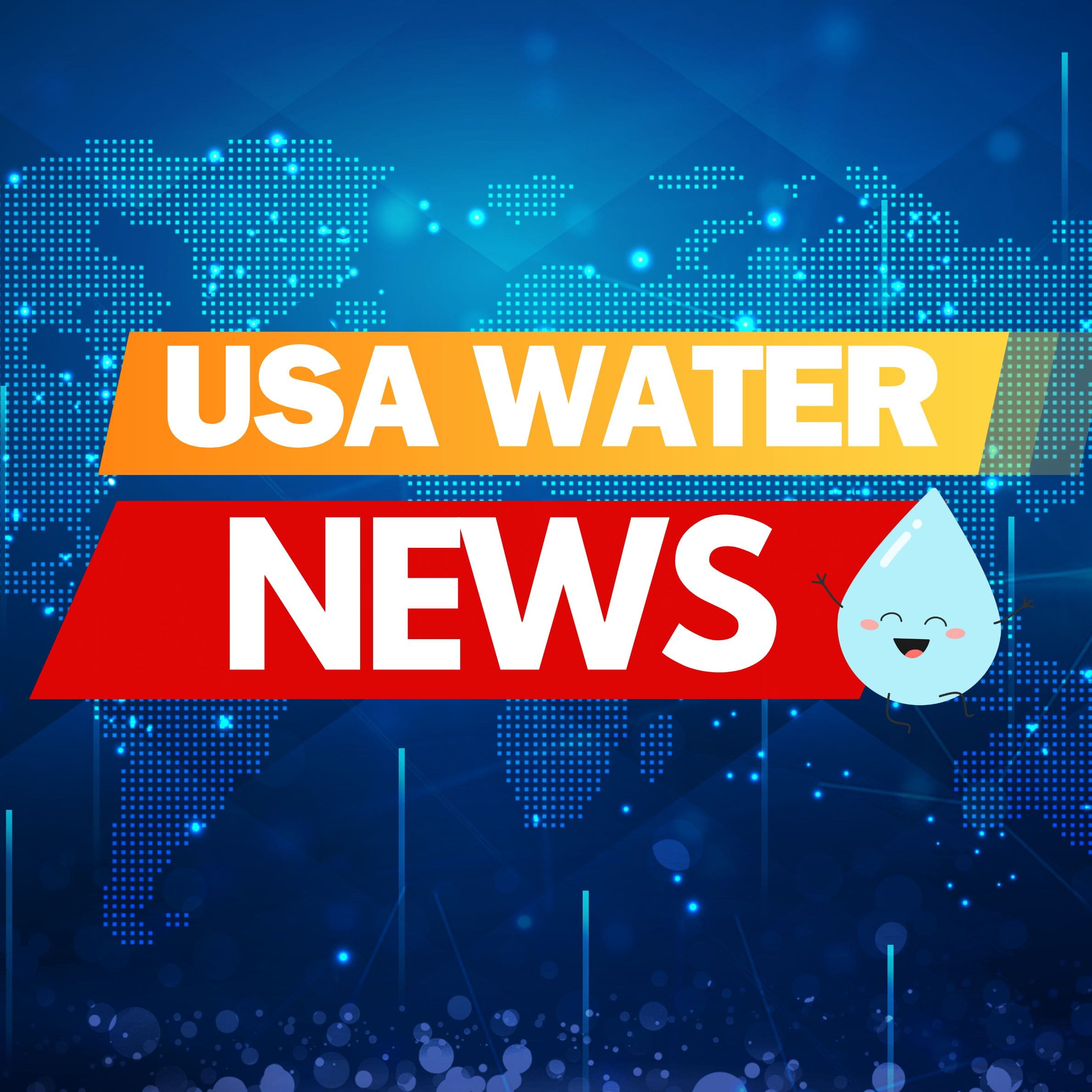Nashville Water Quality at a Glance
moderate concerns
Is Nashville Water Safe to Drink?
Generally Safe with Room for Improvement – Nashville water meets all federal and state standards and is safe to drink according to Metro Water Services. The Cumberland River source water is treated at two facilities using conventional methods plus activated carbon. Main concerns include disinfection byproducts (THMs and HAAs) that exceed EWG health guidelines, moderate water hardness, and some chromium-6 detection. PFAS testing shows compliance with new EPA standards.
⚠️ Key Water Quality Notes for Nashville Residents
- Disinfection Byproducts: Total trihalomethanes at 13.7 ppb and haloacetic acids at 9.3 ppb – legal but above stricter health guidelines
- Cumberland River Source: Surface water from river with history of industrial pollution; requires ongoing monitoring for emerging contaminants
- Lead Infrastructure: Some older homes may have lead service lines; Metro adds orthophosphate since 1980s to prevent leaching
- Regional PFAS Concerns: While Nashville tests non-detect, statewide PFAS contamination found in 60% of Northeast TN waterways; “Music City Gold” fertilizer contained PFAS
Read the full report below for detailed analysis, city-specific data, and actionable recommendations for Nashville residents.
Nashville – Tennessee – Water Quality Report 2025: PFAS Testing, Infrastructure Concerns & Safety across your city
Nashville’s Metro Water Services operates one of Tennessee’s most comprehensive water treatment and distribution systems, serving over 700,000 residents across Davidson County and portions of surrounding counties. Established in 1889, the system includes more than 3,000 miles of water mains, two major water treatment plants (K.R. Harrington and R.L. Lawrence “Omohundro”), and multiple storage facilities, delivering approximately 125 million gallons of water daily to the greater Nashville metropolitan area.
Nashville draws its drinking water primarily from the Cumberland River, which provides the source water for both treatment facilities. The city implements comprehensive treatment processes including coagulation, flocculation, sedimentation, filtration, and chloramine disinfection to ensure high-quality drinking water. Nashville’s water consistently meets or exceeds all federal and state quality standards, though recent independent testing has identified disinfection byproducts (THMs and HAAs) that exceed stricter health guidelines established by environmental groups.
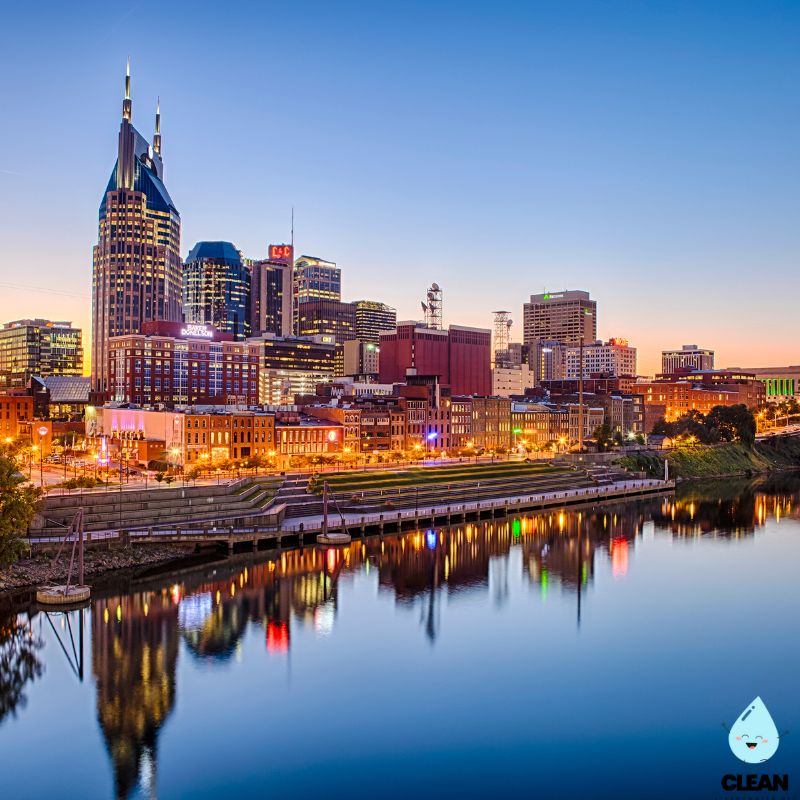
Nashville Water Quality: Current Status (2024-2025)
Latest Testing Results
- Lead Levels: The most recent testing shows 90th percentile lead levels below detection limits (<0.0001 mg/L), well below the EPA action level of 15 ppb, reflecting Nashville’s effective corrosion control program using orthophosphate treatment since the 1980s.
- PFAS Testing: Nashville’s 2024 monitoring shows non-detectable levels for the six PFAS compounds regulated under EPA’s new National Primary Drinking Water Regulation, meeting all federal standards.
- Compliance Status: Nashville’s water meets or exceeds all federal and state drinking water standards, maintaining full compliance with EPA and Tennessee Department of Environment and Conservation regulations.
Cumberland River Source
- Primary Water Source: The Cumberland River provides virtually all of Nashville’s water supply, with intake points strategically located upstream from the city to minimize contamination risks.
- Source Water Challenges: The Cumberland River is listed among Tennessee’s “impaired and threatened” waterways, requiring advanced treatment to address agricultural runoff and historical industrial pollution.
- Watershed Protection: Collaborative programs with state and federal agencies to monitor and protect the Cumberland River watershed, including ongoing litigation with companies like 3M over PFAS contamination in Tennessee waterways.
Treatment Excellence
- K.R. Harrington and Omohundro Plants: Both utilize comprehensive multi-barrier treatment processes including coagulation, flocculation, sedimentation, filtration, and chloramine disinfection with activated carbon for taste and odor control.
- Disinfection Byproducts: Current levels show total trihalomethanes at 13.7 ppb and haloacetic acids at 9.3 ppb – within federal limits but above Environmental Working Group health guidelines, requiring ongoing monitoring.
- PFAS Preparation: Metro Water Services plans to implement granular activated carbon (GAC) post-filter adsorbers at both treatment plants by 2033 to enhance PFAS removal capabilities as regulations evolve.
Infrastructure Investment
- Pipeline Renewal: Annual replacement of approximately 20 miles of aging water mains, with prioritization based on leak history, water quality concerns, and coordination with road projects.
- Lead Service Line Inventory: Nashville is conducting comprehensive mapping of service line materials to comply with EPA’s Lead and Copper Rule Revisions, with an estimated inventory completion by October 2024.
- Digital Infrastructure: Advanced SCADA systems with real-time monitoring capabilities for water quality parameters and operational efficiency throughout the treatment and distribution process.
Consumer Programs
Nashville provides comprehensive customer assistance including free water quality testing for concerned residents, filter distribution for qualifying households, and payment assistance programs for low-income customers. The city’s infrastructure improvements prioritize environmental justice considerations, with accelerated lead service line identification and replacement programs. Nashville maintains award-winning transparency in reporting water quality data and system maintenance activities, while educational programs promote water conservation and proper home plumbing maintenance. The combination of effective source water treatment, advanced disinfection technologies, and ongoing infrastructure investment ensures Nashville residents receive consistently compliant drinking water.
Recommendations for Nashville Residents
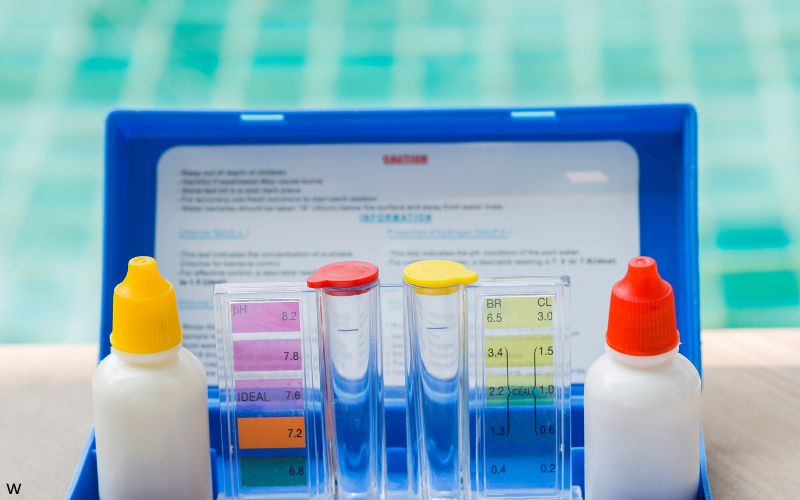
Request Water Testing
Contact Metro Water Services at (615) 862-4600 or visit nashville.gov/water to request free water quality testing. Tests are particularly recommended for homes built before 1986 that may have lead plumbing components or if you notice changes in taste, odor, or appearance.

Consider Water Filtration
Given current disinfection byproduct levels that exceed EWG health guidelines, consider NSF-certified carbon filters (Standard 53) to reduce THMs and HAAs. Reverse osmosis systems provide the most comprehensive protection against multiple contaminants including potential emerging contaminants.
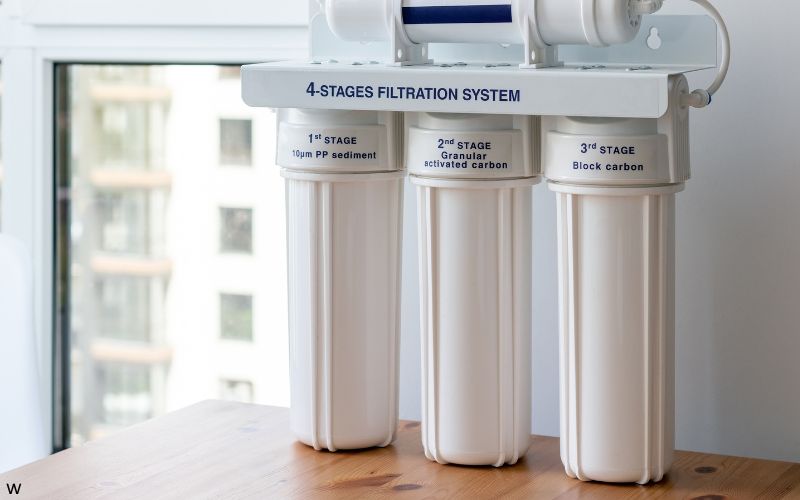
Participate in Service Line Program
Contact Metro Water Services to check if your property has a lead service line and inquire about replacement programs. Nashville is working to identify and replace lead service lines, with Metro responsible for the portion from the main to the meter.

Flush Your Pipes Regularly
After water has been sitting in pipes for 6+ hours, run cold water for 2-3 minutes before using for drinking or cooking. Always use cold water for consumption, as hot water is more likely to contain elevated metal levels from your plumbing.

Report Water Issues
Contact Metro Water Services at (615) 862-4600 immediately for water main breaks, pressure problems, or quality concerns. For after-hours emergencies, call the 24-hour emergency line at (615) 862-4600, option 1.
Quality News About Your Water
Get the comprehensive water quality news coverage you need with our dedicated US Water News Service. From coast to coast, we deliver in-depth reporting and expert analysis on PFAS contamination, EPA regulatory changes, infrastructure developments, and emerging water safety issues affecting communities nationwide. While mainstream media only covers the biggest stories, we provide the detailed, ongoing coverage that helps you understand the full scope of America’s water challenges. Whether you’re a concerned citizen, water professional, or community leader, our daily updates and analytical insights keep you informed about the issues that matter most to public health and environmental safety.
Frequently Asked Questions
Is Nashville’s tap water safe to drink?
Yes, Nashville’s tap water meets or exceeds all federal and state drinking water standards. The city draws water primarily from the Cumberland River and employs advanced multi-barrier treatment processes at both the K.R. Harrington and Omohundro Water Treatment Plants.
Recent testing shows lead levels below detection limits, well below EPA action levels. However, independent analysis indicates disinfection byproducts (THMs and HAAs) exceed stricter health guidelines set by environmental groups. Homes built before 1986 may have lead service lines or internal plumbing components. Metro Water Services offers free testing and maintains orthophosphate treatment to prevent lead leaching. Overall, Nashville’s water meets all regulatory standards, with seasonal taste variations possible during algal blooms.
How do I know if my home has lead pipes?
Nashville is conducting comprehensive service line material mapping to comply with EPA requirements, with completion expected by October 2024. To check your home:
1. Locate the water service line where it enters your home (usually in basement or crawl space). Lead pipes appear dull gray, are soft enough to scratch with a key, and don’t attract magnets.
2. Call Metro Water Services at (615) 862-4600 to request a service line inspection or to check their inventory records for your address.
3. Consider the age of your home – properties built before 1950 are most likely to have lead service lines, though some installed through the mid-1980s may contain lead components.
Metro Water Services replaces lead portions they encounter between the water main and meter, though private property lead plumbing remains the homeowner’s responsibility.
Why does Nashville’s water sometimes taste or smell different?
Seasonal taste and odor variations in Nashville’s water are primarily caused by:
• Algal blooms: During warm weather (typically late spring and summer), algae in the Cumberland River can produce compounds like geosmin and MIB that cause earthy or musty tastes and odors
• Treatment adjustments: Seasonal changes in water chemistry may require adjustments to treatment processes, temporarily affecting taste
• Chloramine levels: Disinfectant levels are carefully maintained throughout the system, but some people are more sensitive to the taste
These variations are aesthetic only and do not indicate health concerns. Metro Water Services uses powdered activated carbon treatment during algal bloom periods to minimize taste and odor compounds. Refrigerating tap water in an open container can help improve taste, as can using NSF-certified carbon filters.
Does Nashville implement water restrictions?
Nashville implements a tiered approach to water conservation:
Normal Conditions (Year-Round Guidelines):
• Water lawns and gardens during cooler hours (before 10am or after 6pm)
• Use rain barrels and drought-resistant landscaping
• Fix leaks promptly
• Use water-efficient fixtures and appliances
Drought Response (Activated as Needed):
• Stage 1 (Voluntary): Additional conservation requests
• Stage 2 (Mandatory): Odd/even watering schedules
• Stage 3 (Emergency): Ban on non-essential water use
Nashville’s abundant water supply from the Cumberland River typically prevents the need for severe restrictions. Current status and water conservation tips are available at nashville.gov/water or by calling (615) 862-4600.
Contaminants of Concern
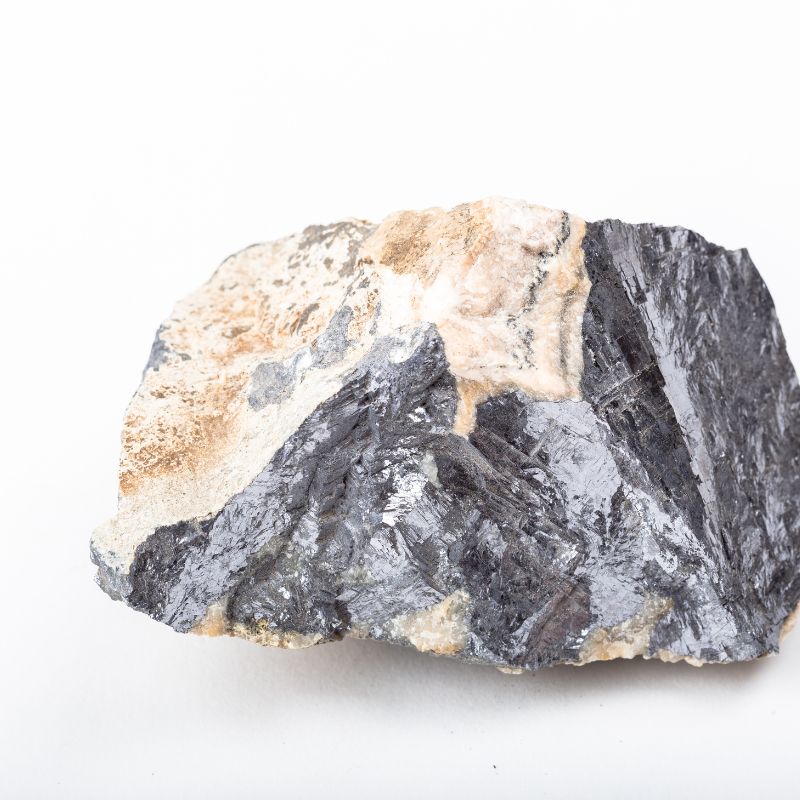
Disinfection Byproducts
Source: Formation occurs when chloramine disinfectants react with natural organic matter in the Cumberland River source water during treatment processes
Health Effects: Long-term exposure to trihalomethanes and haloacetic acids is associated with increased cancer risk, particularly bladder cancer, and potential liver and kidney effects
Current Levels: Total trihalomethanes at 13.7 ppb, haloacetic acids at 9.3 ppb EPA Limits: THMs: 80 ppb, HAAs: 60 ppb (Nashville meets federal standards but exceeds EWG guidelines of 0.1 ppb)
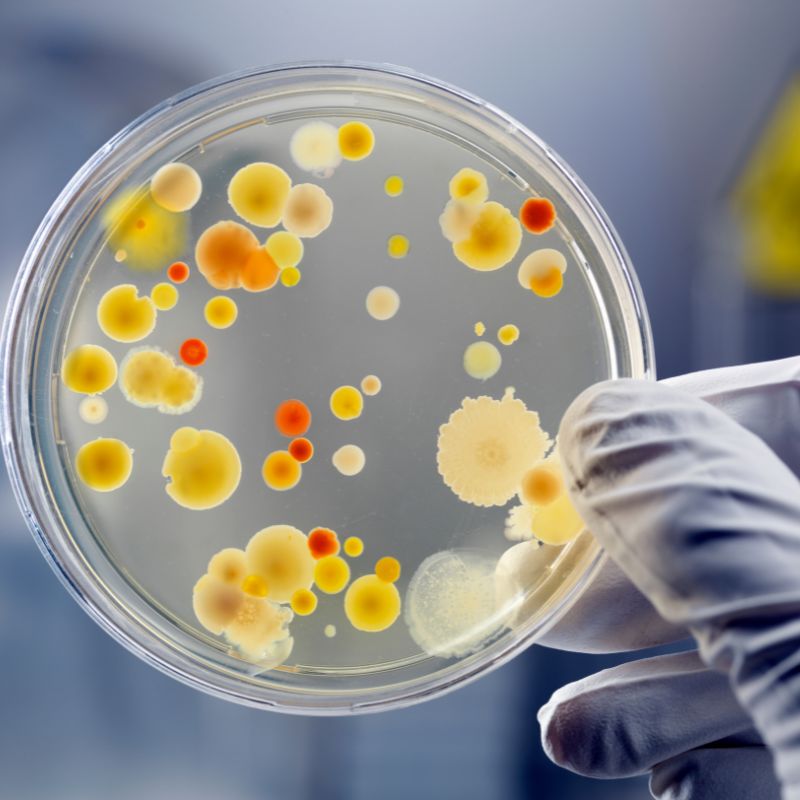
Lead Infrastructure
Source: Legacy lead service lines in older neighborhoods and lead-containing plumbing fixtures in homes built before 1986; Nashville is conducting comprehensive service line mapping
Health Effects: Developmental delays in children, reduced IQ, learning difficulties, kidney problems, cardiovascular effects in adults; no safe level of lead exposure
Current Status: 2024 testing shows lead below detection limits; orthophosphate corrosion control prevents leaching; service line inventory completion expected October 2024
Please read – our information
The information presented on cleanairandwater.net is compiled from official water quality reports, trusted news sources, government websites, and public health resources. While we strive for accuracy and thoroughness in our presentations, we are not scientists, engineers, or qualified water quality professionals.
Our mission is to present water quality information in an accessible, real-world format that helps people understand what’s in their water and make informed decisions about their health and safety. We believe that complex environmental information should be available to everyone in a format that’s easy to understand.
We make every effort to ensure our content is current and accurate, but we cannot guarantee that all information is complete or error-free. This website should not replace official communications from your local water utility or health department. We always recommend consulting official sources for the most up-to-date information regarding your specific water system.
Clean Air and Water is not liable for any unintentional errors, omissions, or outdated information. The content on this site is provided for informational purposes only and should not be considered professional advice.
